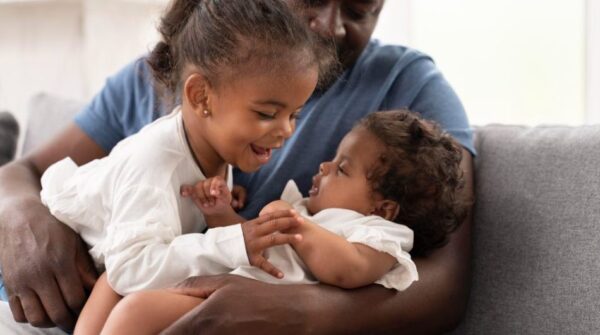Lifestyle
First born children have a higher IQ than their siblings, science says

If there’s ever been banter about who is the most intelligent among your siblings at a family gathering, science has tipped the balance towards the eldest child.


If there’s ever been banter about who is the most intelligent among your siblings at a family gathering, science has tipped the balance towards the eldest child.



Let’s be honest—whenever there’s a new technology, it’s completely natural to ask, “But is this safe?”...


No one really prepares you for what it’s like to job hunt in South Africa. You...


Because you deserve more than a cold sandwich and regret at noon. Let’s be honest: packed...


Choosing a baby name is personal. For some parents, it’s about meaning. For others, it’s about...


It’s the beginning of the month, and as expected, your account is bubbling because you’ve barely...